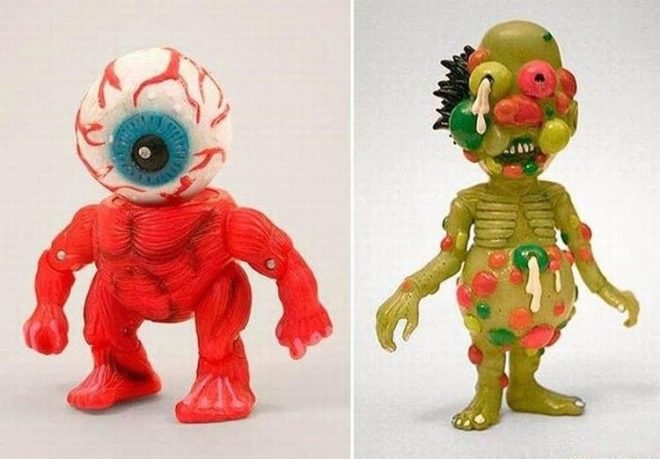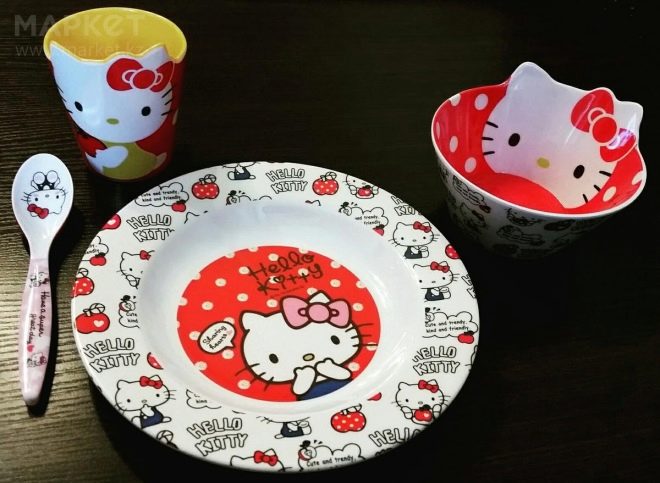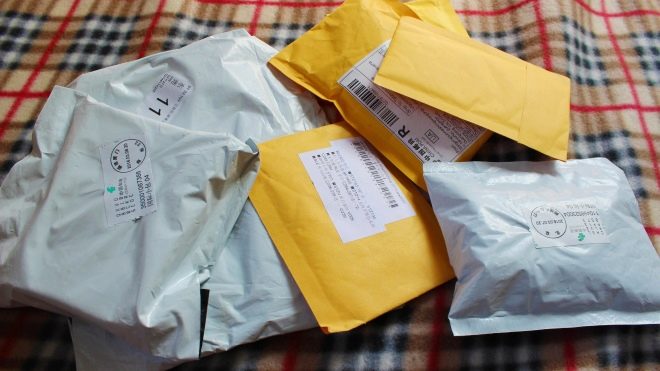Chinese children's products are going to be expelled from Russia
Potentially dangerous children's products from China in the spring were going to ban and close them access to our country. But while the campaign against low-quality toys and clothing for kids is conducted only in words.
Children's Ombudsman Anna Kuznetsova asked Russian Prosecutor General Yury Chaika to initiate blocking ads for the sale of children's goods that are not certified in our country on such popular venues as AliExpress, Pandao, Joom and Yandex.Market».
The greatest concern of the Ombudsman and child health specialists is to baby food made of toxic melamine and polycarbonate, as well as synthetic clothes for newborns.
Such products are certified, but in China, where they are manufactured. And the Internet sites that sell them refer to this particular, Chinese certification, which is not considered valid in Russia.
Anna Kuznetsova insists that such products, as well as a large assortment of Chinese toys from questionable, and sometimes poisonous materials, should not be sold in our country. She asked the prosecutor general to go to court to obtain a decision to ban the placement of ads for the sale of such goods.
Especially Kuznetsova stresses that To implement this idea, you do not need a full lock on AliExpress and Pandao., but sections of children's goods from China and other countries without certification should be blocked.
The association of e-commerce companies in the spring offered the customs service to inspect parcels in order to identify non-certified children's products. Until the summer, the organization’s requests went unnoticed until activists turned to Kuznetsova for assistance.
Today, Russian parents who buy toys and clothes, dishes and furniture over the Internet are protected by the law when it comes to Russian-made goods. This law does not apply to foreign Internet sites. It turns out that parents risk making purchases there, including the health of their own children.
Representatives of well-known trading platforms in Russia try to keep a low profile. They only emphasize that their products appear to be safe, since they are certified in the country of manufacture.
The prosecutor's office of the Russian Federation promised to take up the issue closely in the very near future.



